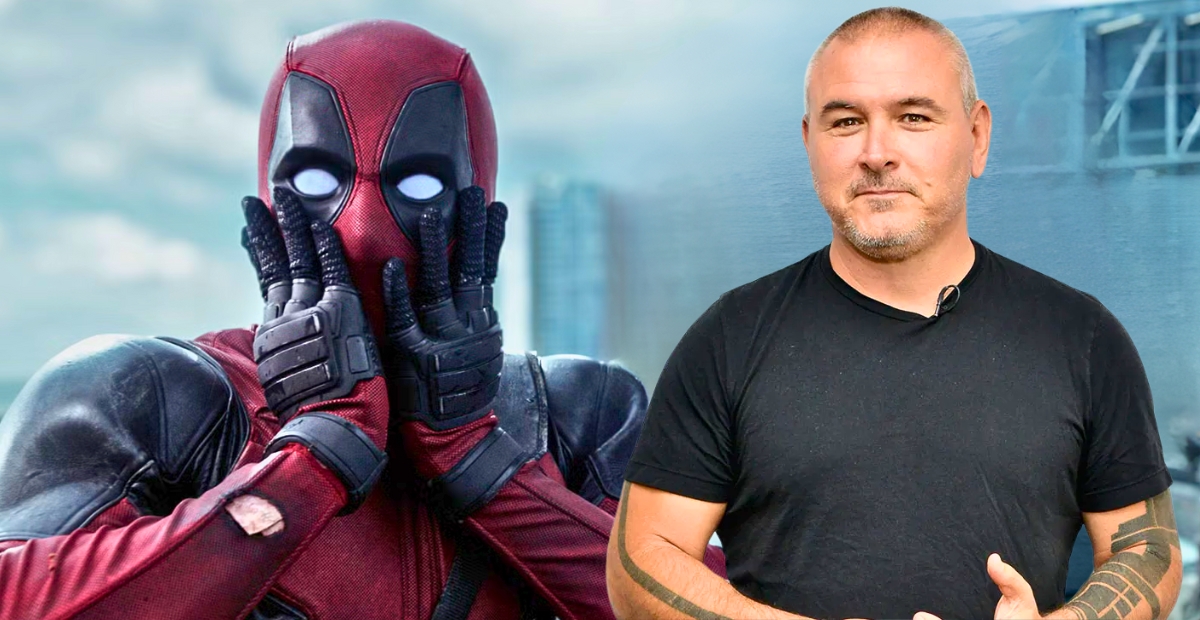When you think of “Deadpool,” you probably imagine a blockbuster smash and a cultural phenomenon. But what if I told you the journey to bring this antihero to the big screen wasn’t just difficult, but also came with a surprisingly modest paycheck for the film’s director, Tim Miller?
A Big Break with a Small Paycheck
Tim Miller recently opened up about his experience directing the 2016 hit during a panel at CCXP in São Paulo, Brazil.
While “Deadpool” earned over $782 million worldwide, Miller’s paycheck for two years of work was just $225,000.
That’s less than what some TV directors make for a single episode of a popular series.
“Sure, $225,000 sounds like a lot to most people, and I’m grateful,” Miller said at the panel.
“But for two years of work on something that became such a massive cultural hit, it’s not a lot.
My agent even joked that I could’ve made more directing an episode of The Walking Dead.”
The Reality of Starting Out
Miller’s story sheds light on how tough it can be for first-time directors in Hollywood. Even with all his talent, he had to accept a smaller deal because he was new to feature films.
As Miller explained, “Most people don’t realize that being a first-time director in Hollywood doesn’t pay much.
It’s just how it works when you’re new. Still, I feel nothing but proud to have been part of something so special.”
If you ask me, it’s a classic underdog story. Just like Deadpool himself, Miller’s journey was full of challenges.
Ryan Reynolds and the team spent years convincing Fox to greenlight the movie—and they only got a $58 million budget to work with. That’s peanuts for a superhero film!
A Career Launchpad
Even with that small paycheck, “Deadpool” launched Miller’s career. Since then, he’s directed “Terminator: Dark Fate” and worked on big projects like the “Sonic the Hedgehog” movies.
He also created the hit anthology series “Love, Death & Robots.” His newest show, “Secret Level,” is now streaming on Prime Video.
Looking back, Miller said, “When I see all the Deadpool toys and merchandise, I think, ‘These wouldn’t exist if we hadn’t made the movie.’ It’s an incredible feeling to have been part of something so iconic.”
